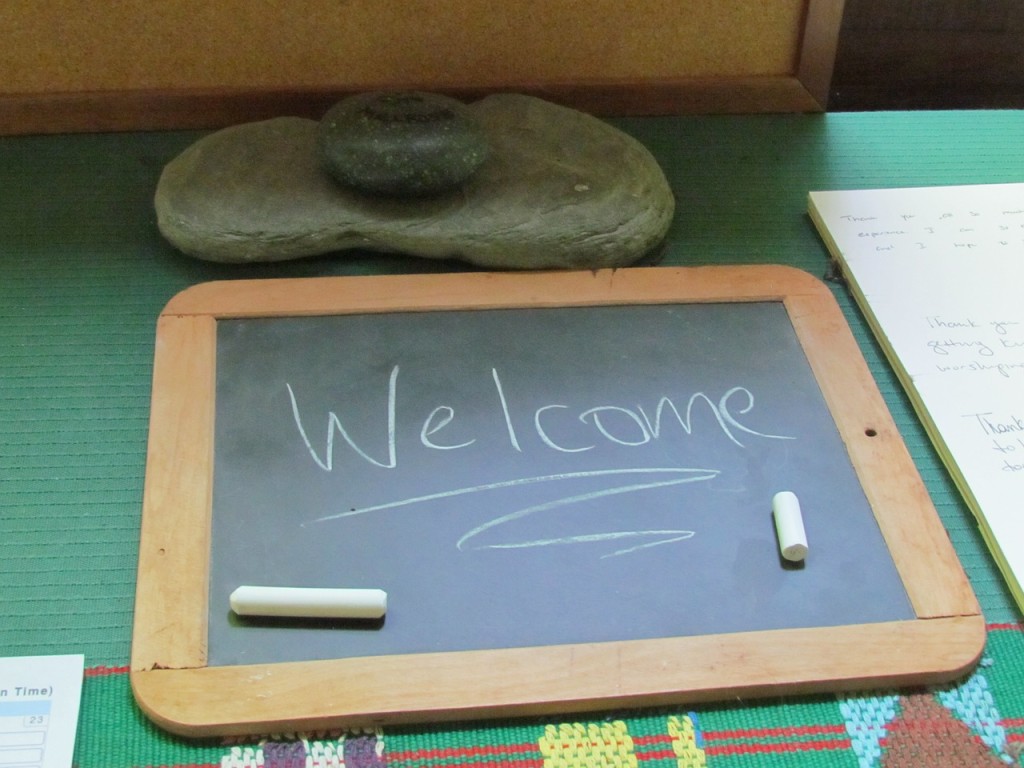
The parent-teacher conference is a deeply personal ritual. It can be a wholly congratulatory experience or an indictment of one’s parenting skills. As comfortable or as uncomfortable as conferences may be, the most important thing to remember is that you’re there to talk about your child. Keep in mind a few basic principles when talking to your child’s teacher, so you can make the most out of the conversation.
Come prepared
The parent-teacher conference is a dialogue of great value. Like anything else, it’s important to be ready. Define your goals. Define your child’s goals. Write out a list of the ten most important questions and talking points prior to your meeting. Take advantage of the fact that you have an opportunity to gain insight into your child’s educational experience from the person who sees them almost as often as you do. By doing so, you’ll also prove that you take your child’s school experience as seriously as teachers do.
Stick to the subject
National Public Radio came up with a list of general principles to note the next time you’re scheduled for a parent-teacher conference. It boils down to three things: the child, the classroom, and the future. You may be tempted to boast about your child’s learning abilities. You may be tempted to defend their shortcomings. Stick to the subject. Listen to one another. Resist the temptation to chitchat and put the focus squarely on your child’s habits in the classroom. Discuss strategies to improve their learning habits and opportunities to improve the school experience, both inside the classroom and beyond.
Stay Engaged
The Harvard Family Research Project reaffirms what most parents already know: “family engagement matters for students success.” The Project defines Family Engagement in the following ways: 1.) A shared responsibility among families, community organizations, and schools; 2.) Continuous throughout a child’s life, from birth through adolescence; 3.) Occurring across the multiple settings and contexts in which children grow and learn.
It’s a perpetual process involving several factors of outside life. Take the conversation seriously and apply any suggestions or tips for better learning back at home, within a support group, or a community even, that fosters mutual success among its participants. Remember that education is a lifelong process, that continues beyond the classroom. Staying engaged and helping your child at home is one of the most important things you can for your child, but involving them in other learning-based, communal activities shows them how other kids are working towards the same goals. Establishing these learning habits and communities throughout childhood will help your young student succeed in school and out.
Open the lines of communication
Several factors may contribute to your child’s learning, even beyond the classroom. A recent divorce, a separation, a move to a new city, losing a best friend, or even a death in the family—all these things and more can contribute to a child’s psyche and well being. It can also affect you, which indirectly affects your kids. Addressing these issues with your child’s teacher may provide additional insight into their learning habits, and also make the teacher aware of how they may be coping with lingering issues at home. It is certainly not unusually for at-home “issues” to follow a child with them into school and extracurriculars.
Follow up
Parent-teacher conferences generally happen every 1-2 months and they last about 15-20 minutes a piece. Depending on the extant of your conversation, there may be many more topics left to discuss. Suggest a follow up with your child’s teacher either by phone or in-person. If the teacher is willing, you can cover more ground on a regular basis to ensure your child is improving in school and/or establish better learning tools at home. Ask the teacher if he or she can email you updates, or if the teacher puts class information online where parents can also see what their kids should be working on.